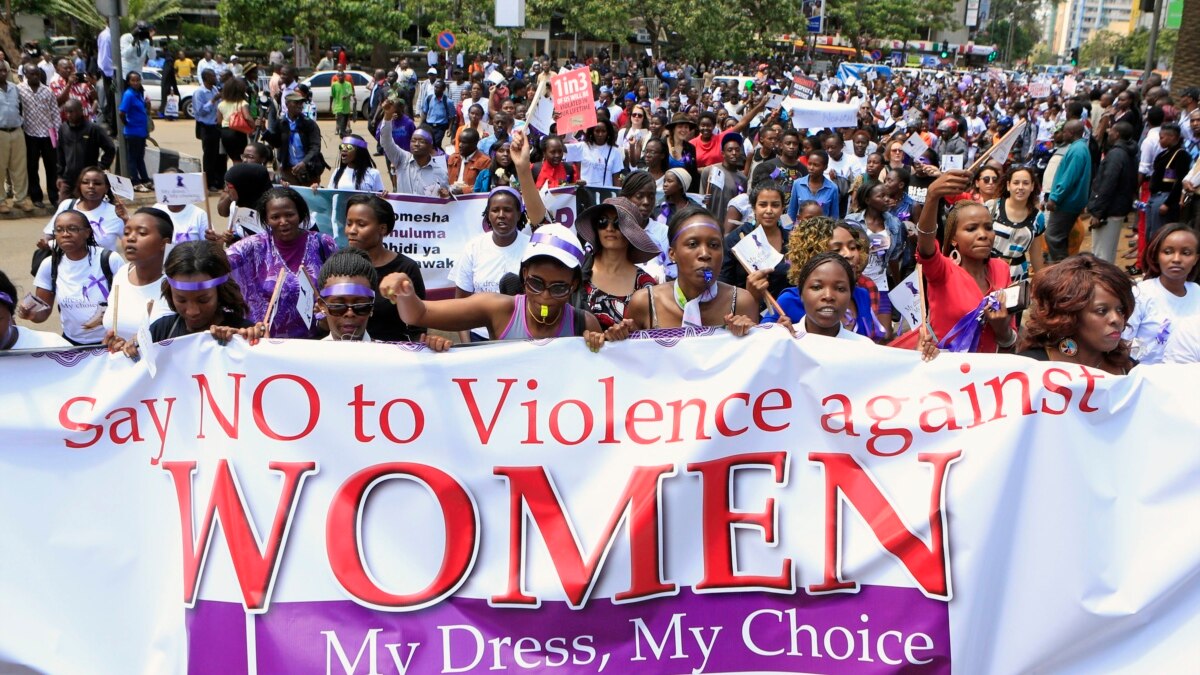
Protests have erupted in major Kenyan cities, including Nairobi, Nakuru, Mombasa, Nyeri, and Lodwar, as demonstrators rally against the increasing instances of femicide and violence against women.
Carrying placards bearing the names of victims, hundreds have gathered, fueled by a 2022 survey revealing that one in three Kenyan women has experienced physical violence.
“I am here because I’m angry,” 33-year-old Winnie Chelagat told the media.
Michael Onyango, another protester, emphasizes the need for men and boys to take responsibility for their actions, urging education to stop the killing of women.
The demonstrations follow a series of brutal murders, including the case of Rita Waeni, whose dismembered remains were discovered in a plastic bag at an Airbnb rental apartment.
Femicide, defined as intentionally killing a woman or girl because of their gender, has seen over 500 recorded cases in Kenya from 2016 to 2023, with many victims killed by acquaintances.
Amnesty International calls for expedited justice, while local rights groups demand the government declare femicide a national emergency and establish it as a distinct crime.
Chants in Swahili and banners in Nairobi emphasize the urgency, with slogans like “Sisi ni watu sio wanyama” (“Stop killing us”) and “only weak men kill women.”
Despite Kenya having stringent laws against gender-based violence, a pervasive issue remains as most perpetrators go unpunished, and prosecutions often drag on for years in court.
